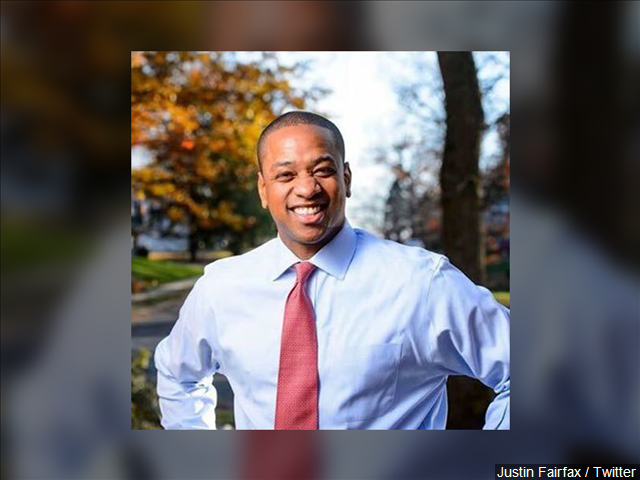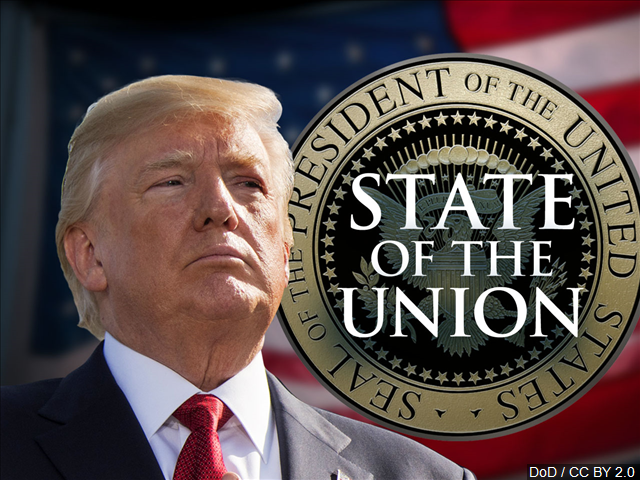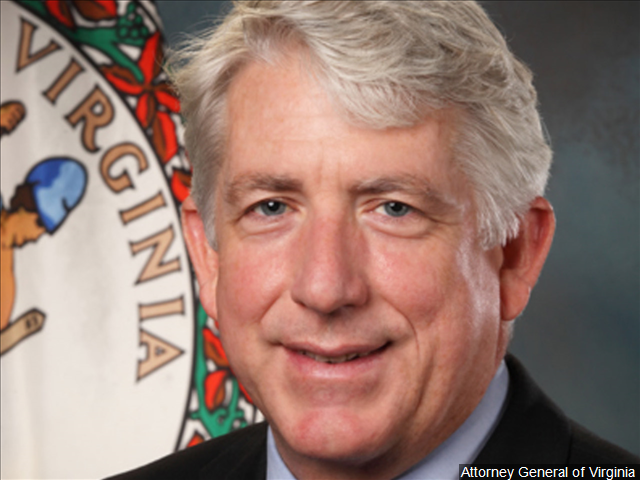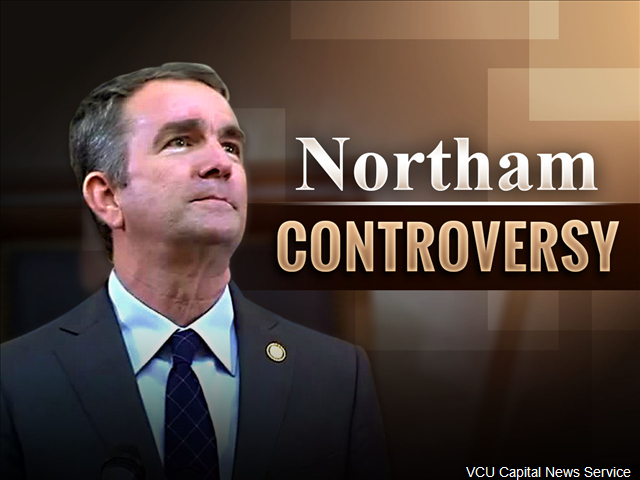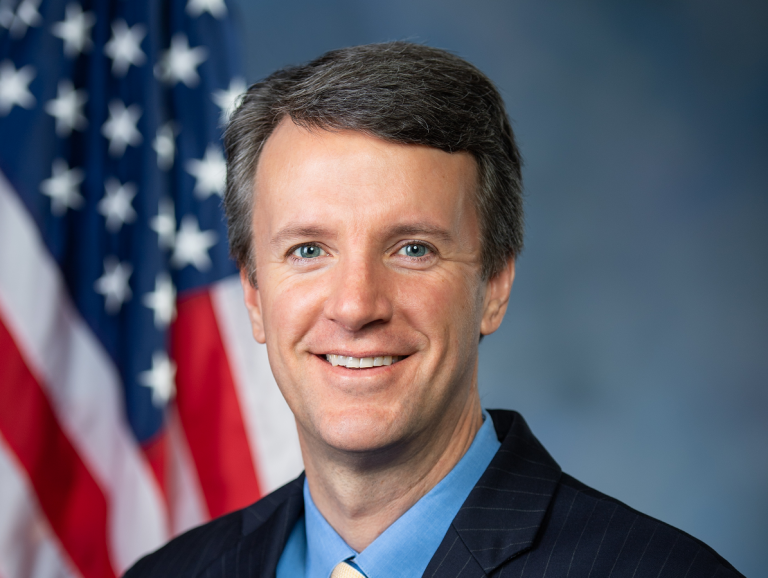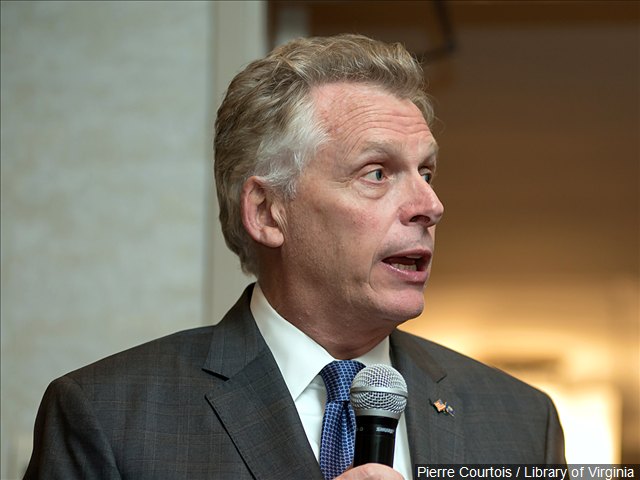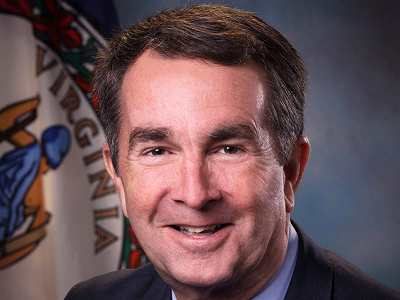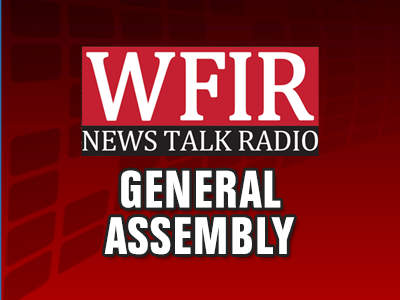RICHMOND, Va. (AP) —The woman whose sexual assault allegations against Virginia’s lieutenant governor surfaced this week is...
State and National Government
During his State of the Union Address last night President Trump criticized efforts to loosen restrictions on...
Statement from Attorney General Mark Herring: “The very bright light that is shining on Virginia right now...
Eastern Virginia Medical School is hiring an outside law firm to lead an independent investigation into past...
As the calls for Governor Northam to step down continue a noted UVA political science expert says...
As the fallout continues for Governor Northam after the discovery of a racist photo on his 1984...
(Associated Press) — The denunciations began within hours of the disclosure that Virginia Gov. Ralph Northam’s medical...
President Trump delivers his annual State of the Union address tonight. And first-term Republican Congressman Ben Cline...
RICHMOND, Va. (AP) — Virginia Gov. Ralph Northam met quietly on Monday with top administration officials but...
While calls for Governor Northam to resign continue to mount, the former governor who had Northam by...
Virginia Tech Political Science Professor Bob Denton says the discovery of Governor Northam’s racist yearbook photo will...
RICHMOND, Va. (AP) — Virginia Gov. Ralph Northam appears to have almost no choice but to resign...
RICHMOND, Va. (AP) — Virginia Gov. Ralph Northam issued a statement Friday in response to a photo...
The NAACP is calling on Virginia Gov. Ralph Northam to resign over a yearbook photo in which...
RICHMOND, Va. (AP) _ Virginians could see their state tax refunds delayed or have to do a...

